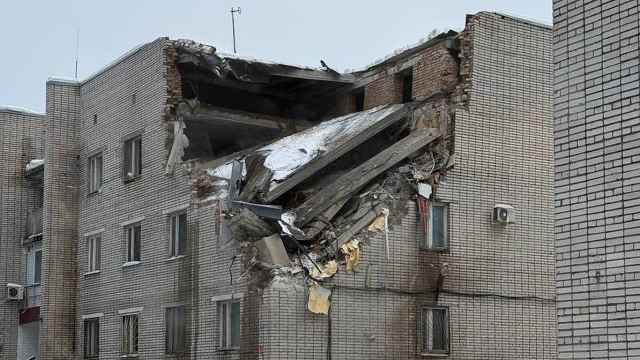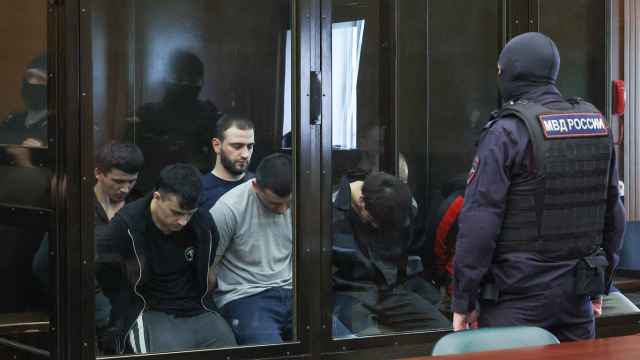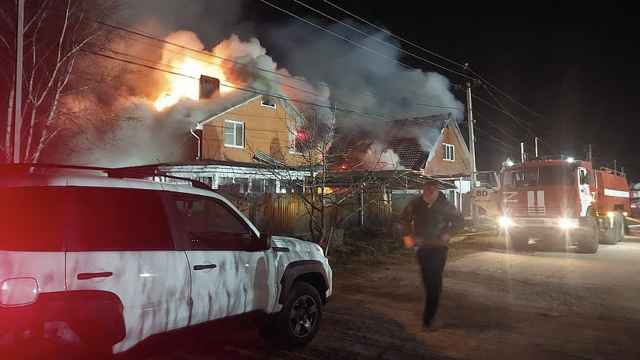A couple of weeks ago I was invited to take part in a TV talk show on Russia’s state-controlled Channel One. Usually I reject these invitations since the format is heavily skewed in favor of the Kremlin narrative. However, in this case, the theme of the program sounded so arcane and unusual that I decided to attend: 30 years since the Reagan-Gorbachev Reykjavik summit.
The meeting between the U.S. and Soviet leaders in the Icelandic capital in October 1986 is ancient history to 99 percent of the Russian population. Only foreign policy wonks would remember such an event. In Reykjavik, no document was signed, but those talks laid the foundation for a U.S.-U.S.S.R. treaty terminating intermediate and short-range missiles (known colloquially as the INF Treaty). Thus, the specter of the ‘small victorious nuclear war’ with tactical weapons was laid to rest. Or so it seemed in December 1987.
So why bother with this forgotten event? I was intrigued. I thought that the choice of topic may be indicative of something bigger.
I did not regret my decision to take part in the talk show. Not so much because of the privilege of being one of the only two people in the audience trying to prove that peace is better than nuclear war. But because of the message that Kremlin-friendly experts and Duma deputies repeatedly rammed home during the show: that the Reykjavik summit, with its message of disarmament, was a sellout.
It apparently demonstrated that Gorbachev was weak and naïve, while Reagan was cunning and manipulative. The U.S.S.R. was "doomed" ever since that fateful meeting.The final punchline — i.e., that all-important "signal" — was unmistakable: "We [Russia] should talk and come to agreement with America, but not from a position of weakness."
I am not making grandiose conclusions from one TV show. A perfunctory Google trawl through state-friendly media resources in recent months all argue the same position: that Russia’s nuclear posture was undermined by Gorbachev and Yeltsin’s policies and that this should now be rectified. So when I read Deputy Foreign Minister Sergei Ryabkov’s statement about an ‘asymmetrical response’ that Moscow is ready to give to U.S. sanctions, I thought I knew what could be coming next in the new Cold War.
‘Asymmetrical’ is a key word in the Russian political vocabulary. There is not much that the Kremlin can do to inflict economic hardship on the U.S. In theory, one can kick the most prominent American investors out of the country; but forcing giants like ExxonMobil and Boeing to leave would cause more damage to Russia than to those companies. Not many U.S. officials dream of opening a Sberbank account or buying a house on the shores of Lake Baikal. Logically Moscow’s countermeasures should be a) hurtful, b) popular at home and c) easily applicable.
In view of the earlier freeze of Russian participation in the plutonium-utilization agreement it would seem logical that the INF Treaty should be the next to fall. Resurrecting the ghost of ‘small victorious war’ with nukes is bound to scare the West and send yet another "signal": "Don’t mess with Russia!"
Deployment of Iskander missiles in the Kaliningrad region together with two cruise-missile armed corvettes in the Baltic Sea makes one feel that this is not an improbable course of action.
The Kremlin thinks it’ll have a free hand freezing its participation if not abrogating the Soviet-era treaties altogether as a low risk exercise. From the Russian point of view, the "lame duck" Obama administration is weak and ineffective. Whichever steps Moscow will take they will not be for the attention of the outgoing White House team but the one that will come after it. Russian strategy is to create as many bilateral and international crisis points as possible now in order to suggest to Clinton or Trump a "new deal."
It will have to take into account at least some of Russia’s real or perceived post-Cold War grievances, especially those concerning control of the post-Soviet space. The conviction here is that a new U.S. president will not be able to resist ‘normalization’ with Russia as an early achievement. Because the alternative would be to live with Russian brinkmanship for another four (or eight) years.
Konstantin von Eggert is a political commentator and program host at TV Rain/TV Dozhd.
A Message from The Moscow Times:
Dear readers,
We are facing unprecedented challenges. Russia's Prosecutor General's Office has designated The Moscow Times as an "undesirable" organization, criminalizing our work and putting our staff at risk of prosecution. This follows our earlier unjust labeling as a "foreign agent."
These actions are direct attempts to silence independent journalism in Russia. The authorities claim our work "discredits the decisions of the Russian leadership." We see things differently: we strive to provide accurate, unbiased reporting on Russia.
We, the journalists of The Moscow Times, refuse to be silenced. But to continue our work, we need your help.
Your support, no matter how small, makes a world of difference. If you can, please support us monthly starting from just $2. It's quick to set up, and every contribution makes a significant impact.
By supporting The Moscow Times, you're defending open, independent journalism in the face of repression. Thank you for standing with us.
Remind me later.







